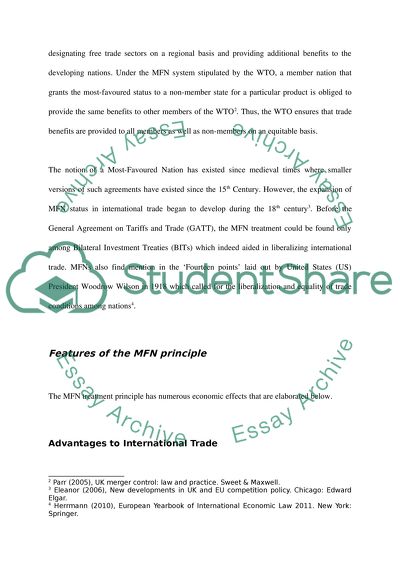Cite this document
(“Internationl Economic Law Essay Example | Topics and Well Written Essays - 2250 words”, n.d.)
Retrieved from https://studentshare.org/environmental-studies/1406457-internationl-economic-law
Retrieved from https://studentshare.org/environmental-studies/1406457-internationl-economic-law
(Internationl Economic Law Essay Example | Topics and Well Written Essays - 2250 Words)
https://studentshare.org/environmental-studies/1406457-internationl-economic-law.
https://studentshare.org/environmental-studies/1406457-internationl-economic-law.
“Internationl Economic Law Essay Example | Topics and Well Written Essays - 2250 Words”, n.d. https://studentshare.org/environmental-studies/1406457-internationl-economic-law.


